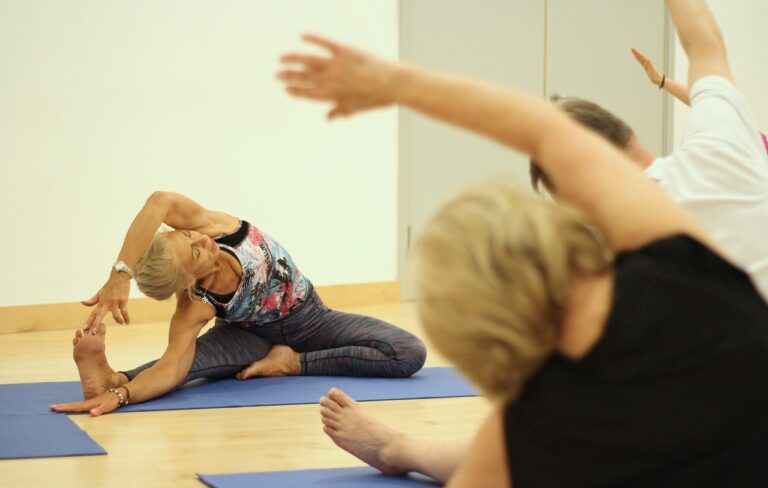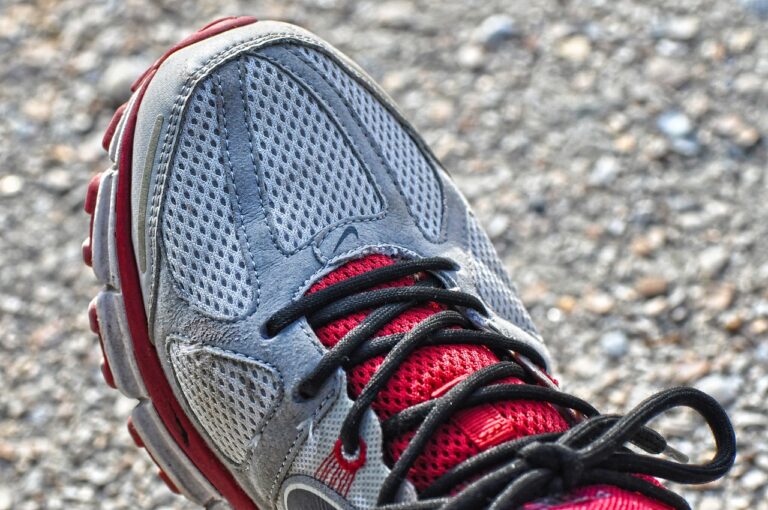Analyzing the role of animal husbandry practices in infectious disease emergence: Allpannel, Lotus bhai, Allpaanel com mahadev book login
allpannel, lotus bhai, allpaanel com mahadev book login: Rheumatology and Ayurvedic Medicine: Ancient Wisdom for Modern Healing
Have you ever suffered from rheumatoid arthritis or similar joint pain conditions? If so, you know how challenging it can be to find relief from the chronic discomfort and inflammation that often accompany these conditions. While modern medicine provides numerous treatment options, some individuals are turning to ancient practices like Ayurvedic medicine for relief.
Rheumatology is a branch of medicine that focuses on the diagnosis and treatment of rheumatic diseases, which include conditions like arthritis, lupus, and gout. While modern rheumatologists often prescribe medications and physical therapy to manage symptoms, Ayurvedic medicine takes a more holistic approach to healing.
Ayurveda, which originated in India over 5,000 years ago, is a system of medicine that focuses on balancing the body, mind, and spirit to promote overall health and well-being. In Ayurveda, rheumatic diseases are believed to result from an imbalance of the body’s doshas, or energy forces.
By addressing the underlying imbalance through dietary changes, herbal remedies, and lifestyle modifications, Ayurvedic medicine aims to not only alleviate symptoms but also prevent future flare-ups. Many individuals find that Ayurvedic treatments can complement conventional treatments and provide additional relief.
Let’s delve deeper into the world of Rheumatology and Ayurvedic medicine to see how these ancient practices can offer modern healing solutions.
Understanding Rheumatology
Rheumatology is a specialized field of medicine that focuses on the diagnosis and treatment of a wide range of musculoskeletal and autoimmune disorders. Common rheumatic conditions include:
– Rheumatoid arthritis
– Osteoarthritis
– Lupus
– Gout
– Fibromyalgia
– Sj��n’s syndrome
Rheumatologists are medical doctors with specialized training in the diagnosis and treatment of these complex conditions. They work closely with patients to develop personalized treatment plans that may include medications, physical therapy, and lifestyle modifications.
While modern rheumatology has made great strides in the management of rheumatic diseases, some individuals are seeking alternative approaches to healing that focus on treating the root cause of the problem, rather than just the symptoms.
The Principles of Ayurvedic Medicine
Ayurveda, often referred to as the “science of life,” is a holistic system of medicine that originated in India thousands of years ago. In Ayurveda, health is seen as a delicate balance between the body, mind, and spirit. When this balance is disrupted, disease and discomfort can occur.
According to Ayurvedic principles, rheumatic diseases are often caused by an imbalance of the three doshas: Vata (air and space), Pitta (fire and water), and Kapha (earth and water). By identifying which doshas are out of balance, Ayurvedic practitioners can develop treatment plans tailored to each individual’s unique constitution.
Ayurvedic treatments for rheumatoid arthritis and other rheumatic conditions may include:
– Dietary changes to reduce inflammation and promote healing
– Herbal remedies to support joint health and reduce pain
– Lifestyle modifications to reduce stress and improve overall well-being
– Yoga and meditation practices to promote relaxation and flexibility
Many individuals find that Ayurvedic treatments can complement conventional rheumatology care and provide additional relief from symptoms like joint pain, stiffness, and inflammation. By addressing the underlying imbalances in the body, Ayurvedic medicine aims to not only alleviate symptoms but also promote long-term healing and wellness.
FAQs About Rheumatology and Ayurvedic Medicine
1. Are Ayurvedic treatments safe for individuals with rheumatic diseases?
Ayurvedic treatments are generally safe when used under the guidance of a qualified practitioner. It’s essential to consult with both your rheumatologist and an Ayurvedic practitioner before starting any new treatments to ensure they are safe and effective for your unique health needs.
2. Can Ayurvedic treatments cure rheumatic diseases?
While Ayurvedic treatments may help manage symptoms and reduce inflammation, they are not a cure for rheumatic diseases. It’s essential to work with a rheumatologist to develop a comprehensive treatment plan that addresses your specific needs and goals.
3. How do I find a qualified Ayurvedic practitioner?
To find a qualified Ayurvedic practitioner, ask for recommendations from friends, family, or your primary healthcare provider. Look for practitioners who have completed comprehensive training programs and have experience working with individuals with rheumatic diseases.
4. Can I use Ayurvedic treatments in conjunction with my current rheumatology care?
Yes, many individuals find that Ayurvedic treatments can complement conventional rheumatology care and provide additional relief from symptoms. It’s essential to communicate openly with your healthcare providers about the treatments you are using to ensure they are safe and effective for your unique health needs.
In conclusion, Rheumatology and Ayurvedic medicine offer complementary approaches to managing rheumatic diseases and promoting overall health and well-being. By combining the ancient wisdom of Ayurveda with the modern advances of rheumatology, individuals can find relief from chronic joint pain and inflammation while addressing the root cause of the problem. If you are struggling with rheumatic diseases, consider exploring the holistic healing practices of Ayurveda to see how they can support your journey to wellness.







